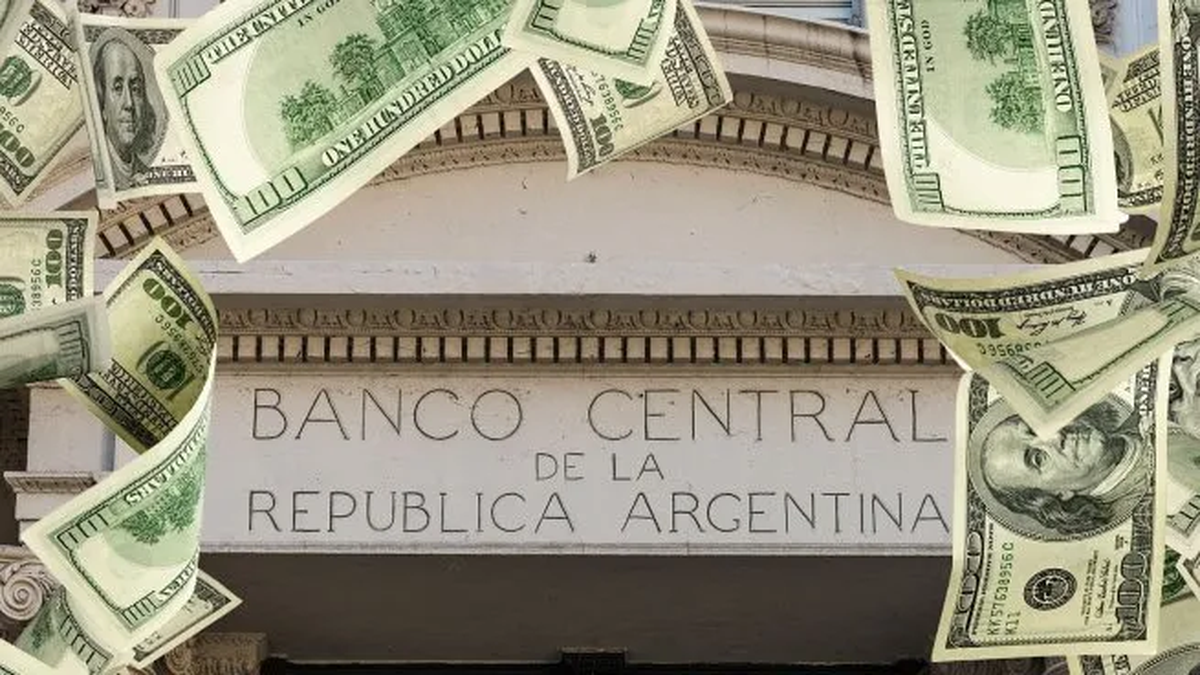The Argentine Central Bank (BCRA) rose last week by 200 basis points passive passing rate and the day before it raised the rate of passive repos for Mutual Investment Funds -FCI- to the equivalent of 95% of the rate of passive repos for financial entities, currently 72%, in an attempt to decompress the pressure on the dollar in the alternative exchange markets.
“The direct consequences are clear: the banks will lose the financial intermediation margin for the placement of FCI deposits,” said Portfolio Personal Inversiones.
He explained that “by receiving a better rate for making transfers directly with the central bank, it is to be expected that the portfolios will rotate from remunerated accounts and/or fixed terms with banks towards these now more attractive instruments.”
This measure coincides with some voices in the city that warned that after the BCRA measure some shares were going to begin to fall.
In another order, the Argentine papers listed on Wall Street operate with losses of up to 2.2% led by Globant, IRSA (2%), Edenor (-1.9%) and Loma Negra (-1.2%). Conversely, YPF (2%), BBVA (-1.3%) and Ternium (-1.2%) rose.
Bonds and country risk
In the fixed income segment, sovereign bonds rose smoothly thanks to Bonar 2030 (1.3%), Global 2038 (0.9%) and Bonar 2041 (0.5%). Conversely, the Bonar 2035 (-1.4%), Global 2029 (-1.3%) and Global 2035 (-1.1%) decreased. Thus, the country risk advances 0.4% to 1,850 basis points.
Source: Ambito
I am a 24-year-old writer and journalist who has been working in the news industry for the past two years. I write primarily about market news, so if you’re looking for insights into what’s going on in the stock market or economic indicators, you’ve come to the right place. I also dabble in writing articles on lifestyle trends and pop culture news.




